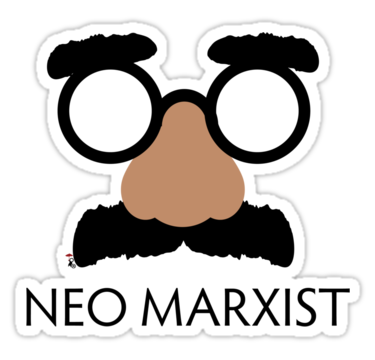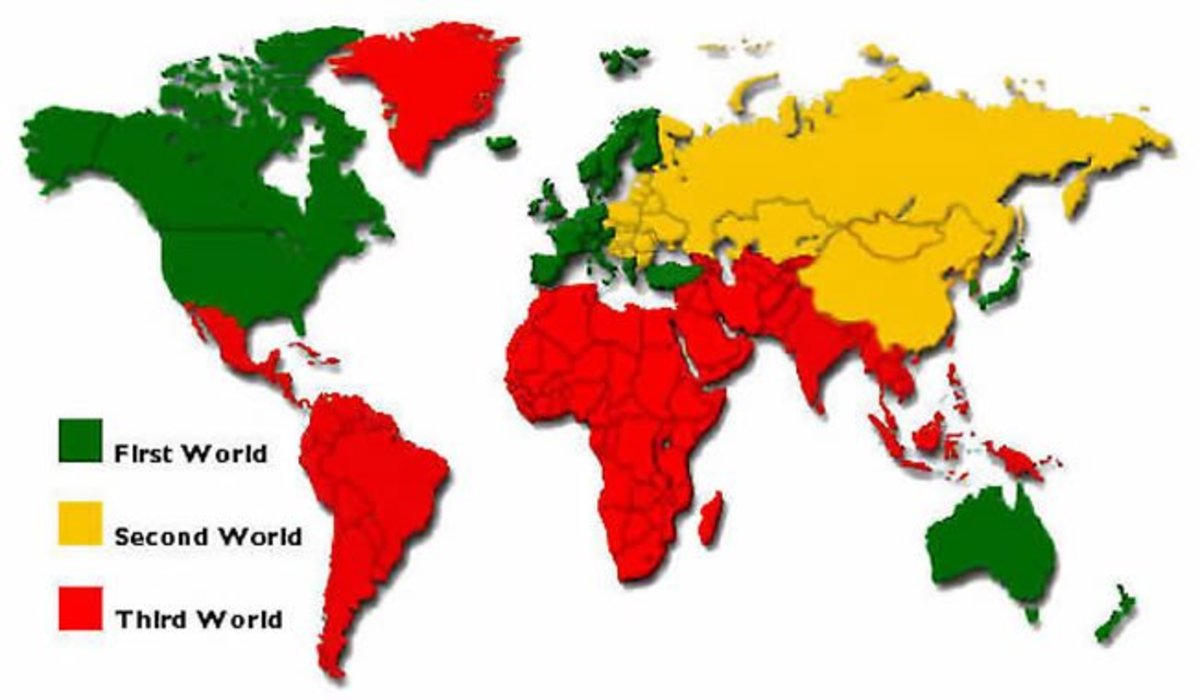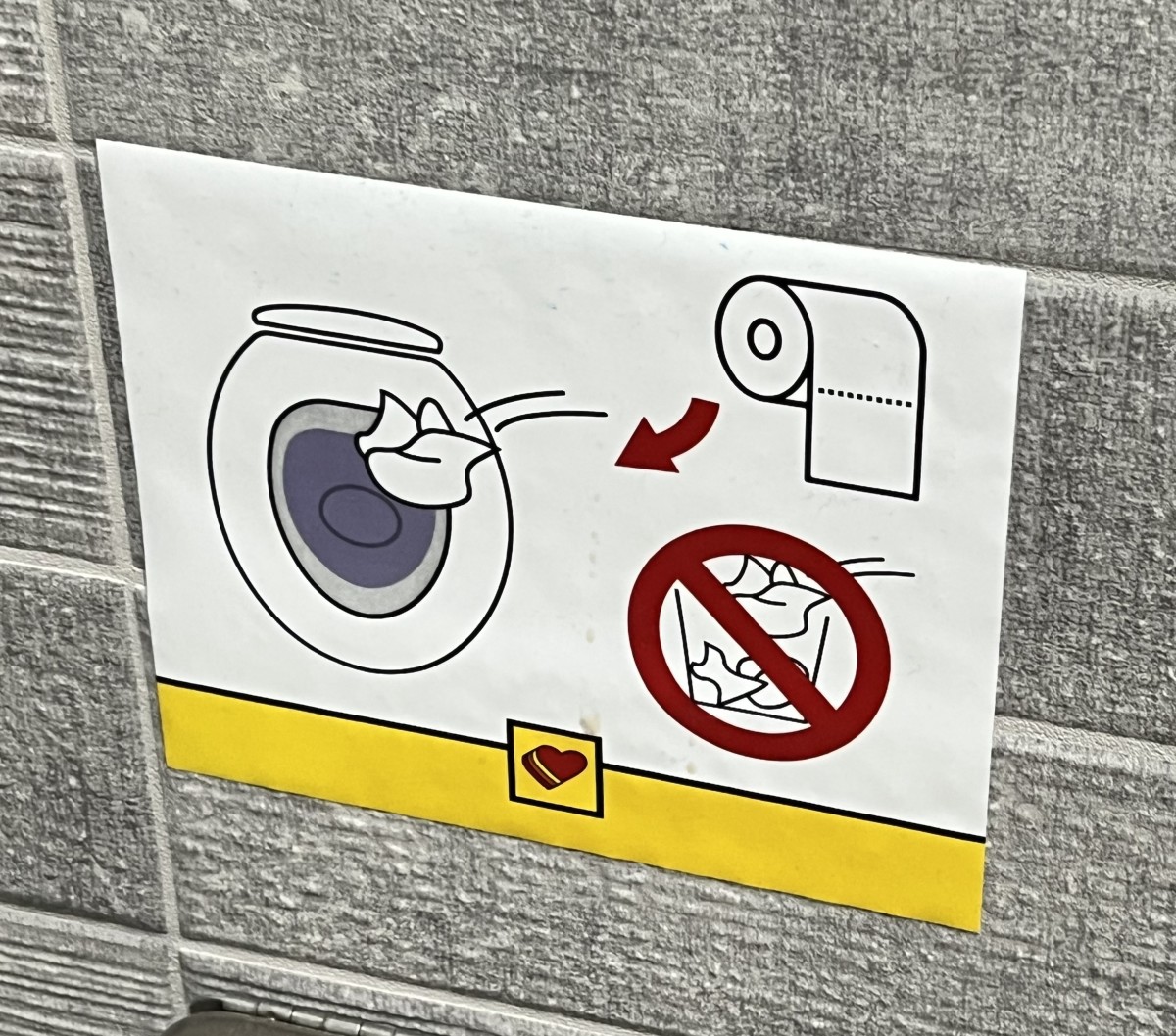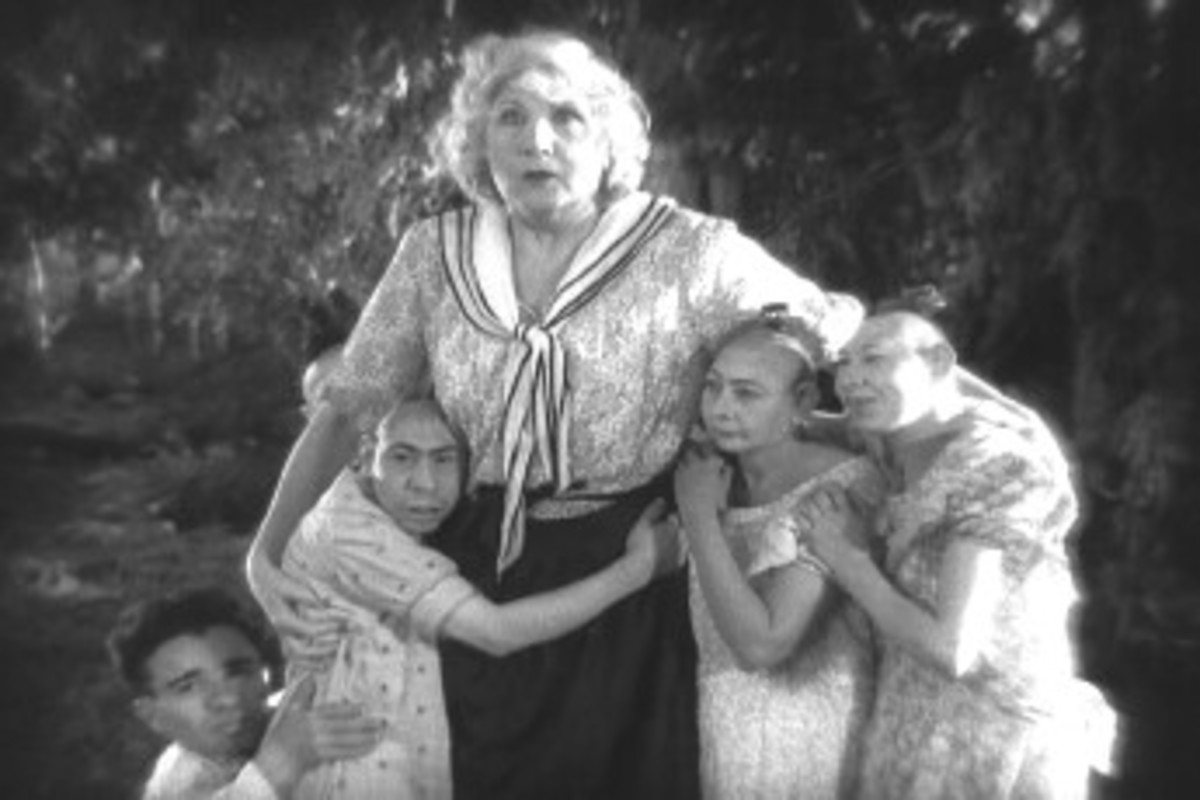NEO-MARXIAN PERSPECTIVE: Human service delivery

NEO-MARXIAN PERSPECTIVE: Human service delivery
1.0 INTRODUCTION
The Neo-Marxian theory advocates that the capitalist imperialism phenomenon is responsible for the underdevelopment of third world countries. Neo-Marxism is a loose term for various twentieth-century approaches that amend or extend Marxism and Marxist theory, usually by incorporating elements from other intellectual traditions, such as: critical theory, psychoanalysis or Existentialism. (Wikipedia, 2013)
1.1 NEO-MARXIAN THEORISTS/SCHOLARS
Mark (1818-1883) said that when a more advanced country sells its goods above their value even though it is cheaper than the competing countries then it would be said to be propagating capitalist imperialism. Rosa Luxenburg (1913) was the first Marxist to emphasize on the notion of accumulation of capital in third world countries. Luxenburg discussed the West’s productive capacity outstripping the consumer’s ability to buy, so the pre-capitalist, developing countries provided raw materials and new markets for capital. Luxemburg predicted a world capitalist system using the third world. She also anticipated neo-Marxist theory by seeing capitalist imperialism and its associated militarism in the third world as linked to the survival of Western capitalism. (Philosopheress, 2011)
Lenin (1917) elaborated on imperialism, informed by Luxemburg. Lenin defined imperialism as the “monopoly stage of capitalism”, and he this as a recent phenomenon, emerging in the 1860s and being established in the early years of the 20th century. The key idea of Lenin’s conceptualization was ‘finance capital’ – ‘capital controlled by banks and employed by industrialists’, therefore the centralization of local, national and world economics. (Philosopheress, 2011)
1.2 BRANCHES OF NEO-MARXISM
There are three branches of neo Marxism which are;
- Underdevelopment
- Dependency theory
- World systems theory
1.2.1 The Dependency Theory
This theory started in the 1950s as a response to the Modernization Theory. The concept of the dependency theory is based on neo-Marxism. Marxist scholars such as Prebisch and Furtado claimed that Latin American countries were underdeveloped because of their relationship with developed countries (core). In classical dependency theory, underdevelopment is seen as a historical process and not a condition that is intrinsic to less-developed countries (periphery). The developed and less-developed country form a capitalist system as rich countries became richer because of their exploitation of weaker countries. (Abanto. A, 2011)
1.2.2 The World Systems Theory
The World System theory can be seen as a development of Lenin’s Imperialism and the Dependency Theory. It consists of a relation between the core, semi-periphery and periphery. The core is made up of the developed world which specializes in manufacturing of goods and products. The semi-periphery is an authoritarian government that exports manufactured goods and raw materials and at the same time imports manufactured goods and raw materials from both core and periphery. The periphery consists of third world countries that major in the production and export of raw materials to the inter-national markets. (Abanto. A, 2011)
1.2.3 Underdevelopment
Baran (1950s) a neo-Marxist underdevelopment theorist developed Lenin’s ideas of imperialism by saying that it was in the interests of capitalism to keep the third world as an ‘indispensable hinterland’ because it provided the West with raw materials. The ‘indispensable hinterland’ also gave a chance to extract an economic surplus. Baran (1950s) also suggested de-linking from the world economy and the introduction of socialist economic planning as the current status quo serves to promote unfair third world integration into the world system which leads to their underdevelopment. (Philosopheress, 2011)
1.3 ADDITIONAL NEO-MARXIAN PERSPECTIVES
1.3.1 Idealism and Materialism
Idealism and Materialism are philosophical theories that are of opposite ends. Idealism refers to any explanation of historical events that emphasizes the role of ideas as the leading causes of events (Hartwick & Peet, 2009). Leading proponents of idealism, like G.W.F Hegel, claim that idealism is the use of reason/rationality (theorizing, debating and discussing ideas) to gain knowledge which reflects on the Absolute Idea. Materialism on the other hand, led by K. Marx and F. Engels, claims that ideas are established because of its material nature. It also claims that science can improve what we know, but it cannot find the absolute truth, therefore it rejects the notion of Absolute Idea. Both theories oppose on the primary substance of what the world is made of (ideas or matter) and how the world can be known. Though these two theories are of opposite ends, they complement each other in a way, as both theories want to establish an ideal society. (Abanto. A, 2011)
1.3.2 Dialectics
Dialectics is a theory of development that sees all things as complex wholes composed of parts. The dialectics of Marx and Engels argue that the natural and social worlds do not remain constant because they are developmental processes capable of rapid change. (Hartwick & Peet, 2009) To simplify what dialectics is, it is the concept that things do not remain the same, as a fundamental transformative change takes place when contradictions occur such as the destruction of the environment because of the degradation and overconsumption of resources. (Abanto. A, 2011)
1.3.3 Production as the Transformation of Nature
The distinction of humans from animals, according to Marx, is the ability of humans to produce their means of subsistence. Originally, human labor was thought to be similar to the animals hunting or gathering to sustain their survival, but the transformative change that gave humans a great distinction among animals, was when humans put consciousness into doing labor by using a workforce or by creating machines to further the production of the materials needed to survive. Through these productive forces and applications, labor was more efficient and had created a more sophisticated living with higher material standards. (Abanto. A, 2011)
1.3.4 Transformation of nature and social relations
There are various types of social relations, but in connection with Marxism, Marx emphasized social relations of reproduction broadly and relations between people in the material production of their existence specifically (Hartwick & Peet, 2009). The mode of production produced characteristics between class relationships wherein one dominates the other. The control over labor production and resources has created a hierarchy in social relations as those who owned lands and tools of labor had become the elite. The laborers who were doing the actual production were made to work for longer hours and were not justly compensated. Wages were explained not by the value of what the worker produces but the cost of producing a worker. The act of performing work for a higher class under coerced conditions was coined as exploitation by Marx and exploitation has formed the social relational basis of Marxian economics. (Abanto. A, 2011)
1.3.5 Structural Marxism
Structural Marxism states that the revolutionary change from one mode of production to another occurs through a condensation or fusion of several contradictions, occurring unevenly at different levels in a social structure (Hartwick & Peet, 2009). Structural Marxism views states in a capitalist mode of production because the state reproduces the logic of capitalist structure in its institutions or it ensures the viability of capitalism. However, in Structural Marxism, the state and its institutions have a certain degree of independence from the ruling class. The state and its institutions would rather focus on its long-term interests of capital and capitalism rather than the interests of the members in the elite. This notion disputes the instrumentalist view of Marxism wherein the state and its institutions are perceived to be under the direct control of the ruling class. (Abanto. A, 2011)
1.3.6 Imperialism
Imperialism can be defined as a state extending its control over the territory, culture and resource of another state to protect its own hegemony. Basically, imperialism is the extension of power by a state over other territories as capitalist states. Imperialism is the highest stage of capitalism according to Lenin. As for Marx, imperialism was about the export of capital. Western countries wanted resulted to imperialism because of they wanted new markets and raw materials. The White Man’s Burden is a classical example of a justification for western countries to imperialize. They believed that it was their job to civilize the savages of the world. As a result of imperialism, local rulers were removed and replaced by a set of officials from the ruling country. An example of this would be the colonization of India. In some cases, like in Indonesia, the local rulers were left in power but were working for the ruling country. (Abanto. A, 2011)
1.3.7 Regulation Theory
The regulation approach tries to relate analysis of political economy to analyses of civil society and the state, showing how these broader social formations regulate, govern, or normalize the conflicts in capital accumulation. (Hartwick & Peet, 2009). The Regulation Theory is a Western Marxist concept that was derived from Antonio Gramsci’s Fordism. Fordism was based on Gramsci’s fascination of American Capitalism in the early 20th Century and was named after Henry Ford. Fordism promotes sustained economic growth including a high growth of income for workers, expansion of the state’s welfare and mass production and mass consumption. The concept of Fordism was to keep the workers away from joining unions and keeping them happy by giving them higher salaries to sustain their living. Although the workers were well paid, mass media has drawn the workers into consumption, and over time, creating a cycle of mass production and mass consumption. With too much production and a little demand of consumption would lead to a great depression or financial crisis. (Abanto. A, 2011)
1.4 The relationship between Neo-Marxism and human service organization
Neo-Marxian’s such as Benson (1977), Bowles and Gintis (1976) aim to explain the functions of the human service organizations in the larger social system. With particular reference to human service organizations, they attempt to demonstrate how these functions are shaped by the interests of the capitalist system. (Hasenfeld.Y, 1983)
1.4.1 They include the following:
First, human service organizations can be understood only with reference to social processes emanating from a capitalist economy, which is characterized by the expropriation of the means of production from the workers and their control by business elites. It is assumed that the aim of the elite is to expropriate the surplus value produced by workers namely the difference between the value of goods they produce by their labor and the wages they receive. The social system is so organized as to enhance the accumulation of the surplus value by the elite while maintaining control over the working class or labor force. (Hasenfeld.Y, 1983)
Second, although the capitalist system generates economic inequality, human service organizations are not necessarily designed to reduce them. Rather they perpetuate inequality by legitimizing the class system. They do so in several ways. They reinforce the ideologies that justify the capitalist system through their own service technologies and through the treatment of their recipients. By providing limited and largely symbolic services, they generate the notion of a humanitarian and caring society; they in process divert the attention of the oppressed classes from the real causes of their oppression. (Hasenfeld.Y, 1983)
Third, human service organization serve a social control function in such a system. Through their control of much needed human services, they force those in need to conform to the norms of the capitalist system; and by focusing their services on individuals rather than collectivities they prevent the development of class consciousness. (Hasenfeld.Y, 1983)
Forth, human service organizations serving the lower classes reflect in their structure and processes, the overall patterns of domination in society. Clients are powerless, subject to rigid mechanisms of compliance and lack any significant voice in the decisions about their fate. Lower-status staff similarly must follow rigid rule and regulations and lack autonomy in carrying out their jobs. In humanity, alienation, ritualistic compliance and lack of self fulfillment are the results for both staff and clients. (Hasenfeld.Y, 1983)
Fifth, human service organizations like any other social institutions are subject to dialectical forces that result in their own transformation and dissolutions. For example, the increasing use of prisons to contain and control rebellious ethnic conflicts within them; this has led to the political radicalization of inmates and thus undermined the potency of prisons as social control agents. Moreover, the more ethnic minorities are subject to incarceration, the less the prisons’ efficacy as a deterrent. (Hasenfeld.Y, 1983)
Piven and cloward (1971) analyzed the functions of the functions of public welfare from this perspective. They argued that the relief system is ancillary to the capitalist economic system and is designed to control the flow of labor in and out of the economy. (Hasenfeld.Y, 1983)
1.4.2 The control function of relief is expressed in two ways;
First when mass unemployment leads to outbreak or turmoil, relief programs are ordinarily initiated or expanded to absorb and control enough of the unemployed to restore order;
Secondly as the turbulence subsides, the relief system contracts, expelling those who are needed to populate the labor market. Note that this thesis is diametrically opposite to the liberal interpretation of welfare which views welfare expansion as a demonstration of increase of humanitarian concern for the poor. (Hasenfeld.Y, 1983)
The capitalist economic system is marked by constant change and fluctuation-cycles of expansion and contraction. Public welfare serves as a safety net for the capitalist elite. Welfare is provided at times of massive unemployment to minimize the workers’ revolt against the economic system. To maintain the legitimacy of the capitalist system, welfare is attached to a market incentive to work either by forcing welfare recipients to accept work as a condition of continued support or by setting such a low level of relief that it forces people back to the labor market. Thus, welfare serves as a deterrent to not working. (Hasenfeld.Y, 1983)
Piven and cloward (1971) marshal support for their basic thesis by a historical analysis of the emergence of the English poor laws and more recently by the welfare explosion in the 1960. In the latter instance, they attribute the rapid expansion of welfare and the great society programs to attempts by the federal government to cope with civil disorders and urban riots by appeasing urban blacks. (Hasenfeld.Y, 1983)
Central to the argument of Piven and cloward, is a need to demonstrate that the organization of public welfare departments is directly influenced by the functions they serve. Because welfare departments are constantly pressured to reduce their roles and to discourage request for aid they develop harsh and inhuman procedures for handling actual and potential welfare recipients. Not surprisingly welfare workers are likely to be highly demoralized and develop a cynical attitude about their work. Departments thus experience high staff turnover which further reinforces the oppressiveness of these organizations. (Hasenfeld.Y, 1983)
The Neo-Marxian’s make us more aware that, the processes and structure of human service organizations can only be understood through their functional interrelationships with other institutions and in the context of the larger social system, most notably the economy. Consequently the interplay between the social stratification system and human service organizations becomes of paramount importance in the analysis of such organizations.
On one hand, the attributes and characteristics of the people being served are highly influenced by their social class position, which in turn affects the organizational response to them. On the other hand, human service organizations when processing people directly and indirectly affect their social location and status. Therefore, the study of human service organizations and their effects on people must be anchored in the broader context of the dynamics of social stratification processes in society. (Hasenfeld.Y, 1983)
1.5 Limitations/criticism of the Neo Marxian perspective
This perspective fails to demonstrate convincingly how the interests of the capitalist class assume to be cohesive and unified are articulated through the political system and come to control the activities of human service organization. (Hasenfeld.Y, 1983)
Durman 1973 also challenges the findings of Piven and cloward by demonstrating that the explosion of welfare can’t be attributed to governmental relation of rule in the face of urban unrest, it was also a consequence of changing demographic patterns that result in dramatic increases in the number of persons eligible for welfare. (Hasenfeld.Y, 1983)
Orthodox Marxists also argue that neo Marxists focus on external exploitation which deflects attention from internal dynamics such as corruption, bureaucracies and red tape which also serve to contribute to our underdevelopment. Therefore, neo Marxists give elites the opportunity to use underdevelopment and dependency to their own advantage to serve the masses….so they say, but actually they serve their own interests. (Philosopheress, 2011)
Brenner (1977) critiqued neo Marxism by saying that one needs to stay state centered and focus on the inner dynamics of the countries and not the world system. Generally class struggle is neglected by neo Marxists who see the third world classes as merely the local agents of the core countries. (Philosopheress, 2011)
Phillips a critic of neo Marxism suggested that neo Marxists should stop analyzing the pro and cons of development and concentrate on the nature of class conflict in developing countries instead. (Philosopheress, 2011)
1.6 Conclusion
In the final analysis, such a perspective tends to down play the impact of human service organizations in reducing misery, in improving wellbeing and redistributing income. The argument that human services are a device by the elite to assist the middle and working classes does indeed acknowledge the fact that the majority of people do perceive human services as a way to promote social justice, humanitarian values, and social equity and therefore lend them political support. This is not to deny that human service organizations experience serious deficiencies and limitations in meeting such objectives, some of which clearly reflect economic and political inequalities. But to cast as the tools of economic exploitation is to ignore both the complex societal processes that shape human service organizations and the multiple effects they have on society. (Hasenfeld.Y, 1983)
REFERENCES
Hasenfeld.Y, 1983. Human Service organizations. Prentice Hall, Inc. U.S.A.
Wikipedia, 2013 Site: http://en.wikipedia.org/wiki/Neo-Marxism
Accessed on: 10/06/2013
Philosopheress, 2011. Marxist and Neo-Marxist Theories of Development.
Site: http://philosopheress.wordpress.com/2011/04/18/marxist-and-neo-marxist-theories-of-development/
Accessed on: 10/06/2013
Abanto. A, 2011. Marxist and Neo Marxist theories.
Site:http://www.academia.edu/735792/Marxist_and_NeoMarxist_Theories_in_Development_Theories
Accessed on: 10/06/2013








